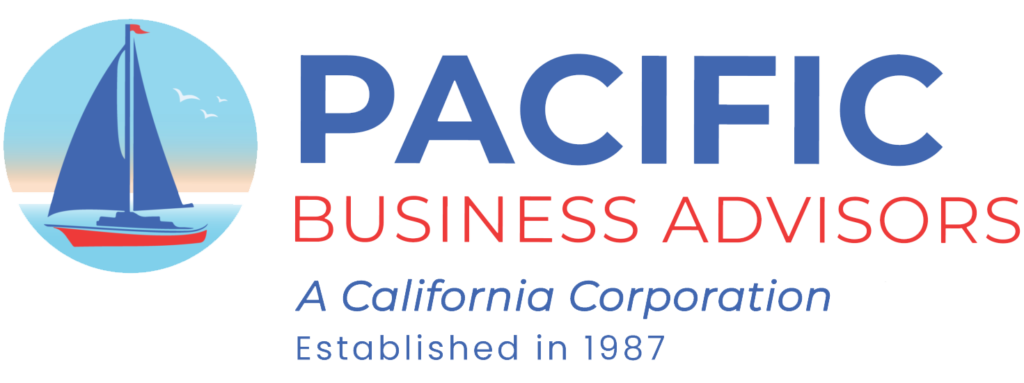

Glossary of Accounting Terms
Salvage Value: An estimate of the amount that will be realized at the end of the useful life of a depreciable asset.
Securities: Bonds, notes, mortgages, or other forms of negotiable or nonnegotiable instruments.
Serial Bonds: Bonds for which the principal is repaid in periodic installments over the life of the issue.
Shareholders: The owners of a corporation.
Sole Proprietorship: An unlimited liability firm with one owner.
Straight Line Depreciation: A method of calculating depreciation expense that allocates an asset’s purchase cost evenly over the asset’s expected useful life.
Subsidiary Ledgers: Records that detail the sales and payment histories for individual customers in the case of accounts receivable, or purchase and payment histories in the case of accounts payable.
Suspense Account: An account that carries charges or credits temporarily pending the determination of the proper account or accounts to which they are to be posted. It does not appear in financial statements.
“T” Accounts: General ledger accounts that have a “T” format that clearly establish a left side and right side.
Transactions: Any events that cause a change in assets, liabilities, equity, revenue, and/or expenses.
Trial Balance: A list of balances of the accounts in a ledger kept by double entry with the debit and credit balances shown in separate columns.
Unlimited Liability Firms: Businesses whose owners remain liable for the actions of a business beyond the amount they actually invest.
Useful Life: An estimate of the total time that an asset is usable and in service.
Weighted Average Cost Method: An ending inventory valuation method based upon the weighted average of purchase costs during an accounting period.
If you found this glossary to be helpful,
please link to this page.
PacificBusinessAdvisors.net
Office: 818-991-5200
Direct: 818-991-9019